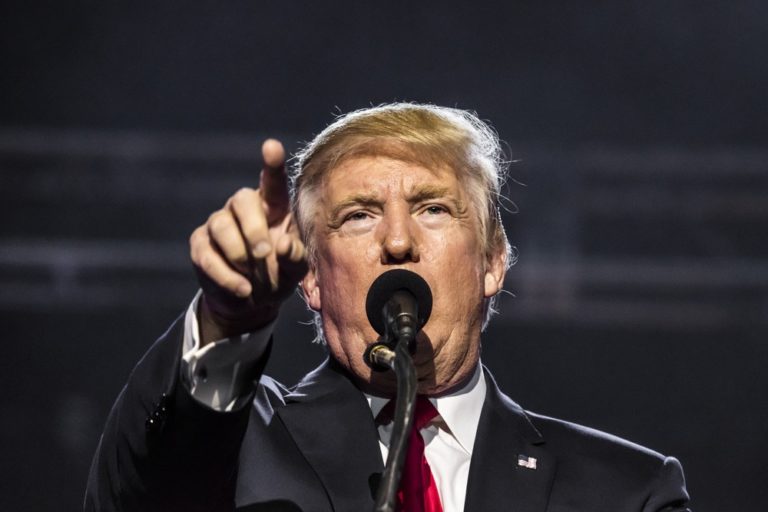Key Takeaways:
- A new executive order by Donald Trump permits VA doctors to refuse treatment to unmarried veterans and Democrats.
- Race and sex protections remain, but marital status and politics are now grounds for refusal.
- Employment at VA hospitals could be denied based on these factors.
- Former GOP Rep. Joe Walsh criticizes the move as shocking and unreal.
Introduction: In a recent move, President Donald Trump’s executive order has stirred controversy by allowing Veterans Affairs (VA) doctors to decline treatment based on marital status and political affiliation. This shift, highlighted by former Rep. Joe Walsh, has left many questioning the implications for veterans.
What the Executive Order Says: Trump’s order introduces a significant change in VA policies. While protections against discrimination based on race, sex, and religion remain, marital status and political views are no longer safeguarded. This means VA healthcare providers can now choose not to treat certain patients or hire staff based on these personal characteristics.
Implications for Veterans: The immediate impact is concerning. Unmarried veterans, particularly those in new marriages or without formal recognition, might face denial of necessary care. Additionally, politicalaffiliation could affect employment opportunities within VA hospitals. This raises ethical and practical issues, leaving veterans uncertain about their access to essential services.
Public Reaction: Joe Walsh, a former Tea Party Republican turned Democrat, expressed disbelief, questioning the reality of such a policy. His reaction underscores the broader concern that such an order could deepen divides in healthcare access. Many are left wondering how this aligns with the commitment to support all veterans, regardless of personal backgrounds.
What’s Next? The future of veteran care under this order is uncertain. Advocacy groups may challenge the policy, while policymakers might seek to amend it. The debate is likely to intensify, focusing on the balance between provider autonomy and patient rights.
Conclusion: President Trump’s executive order has ignited a firestorm of debate, highlighting potential disparities in veteran care. As discussions unfold, the focus remains on ensuring equitable treatment for all veterans, irrespective of personal characteristics. This issue serves as a reminder of the ongoing challenges in healthcare policy and the need for inclusive solutions.










